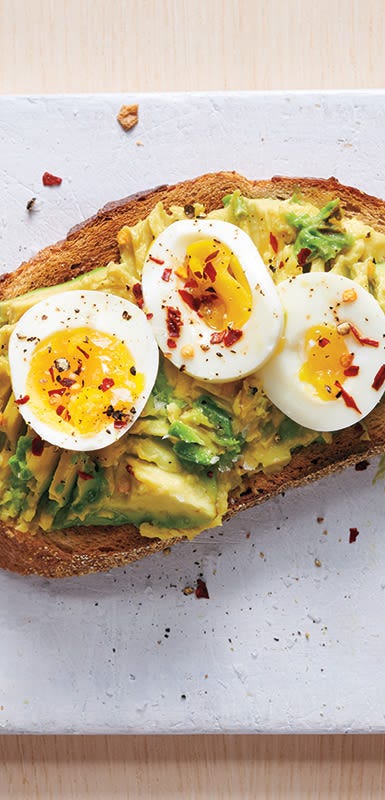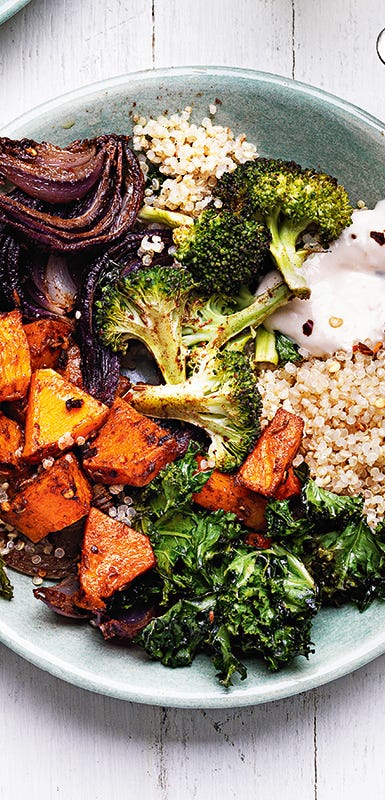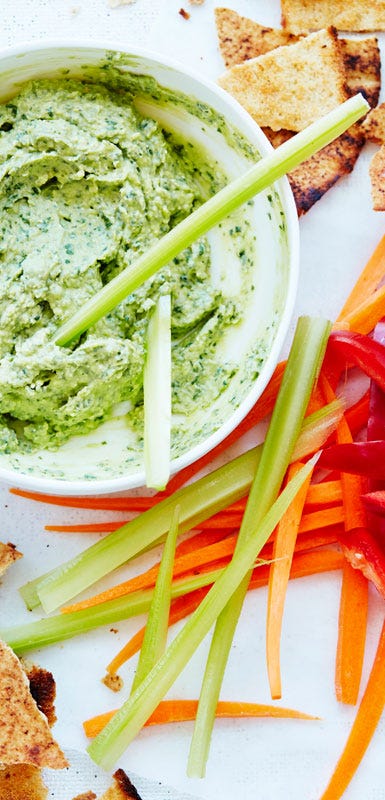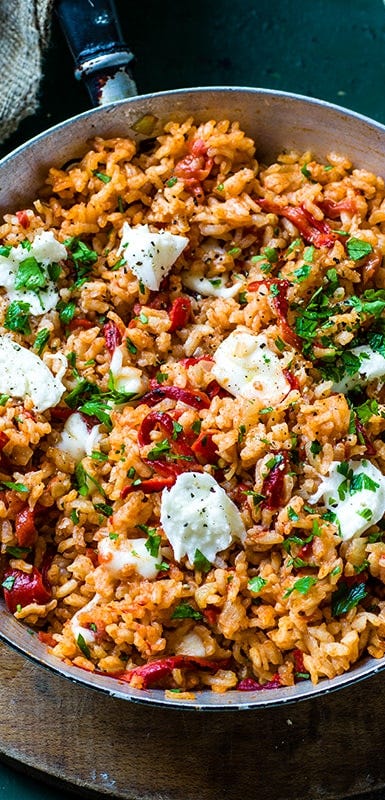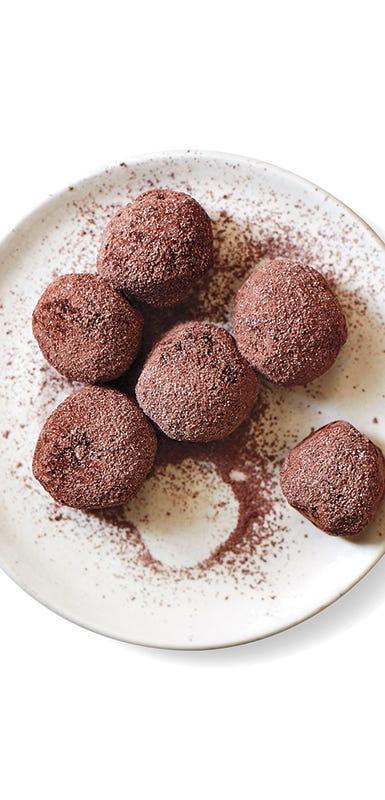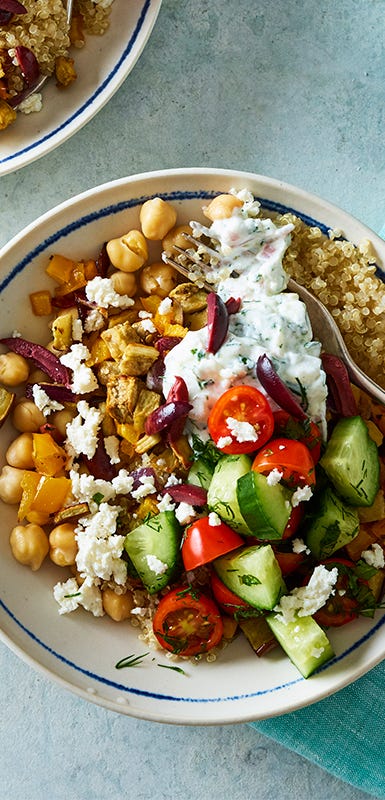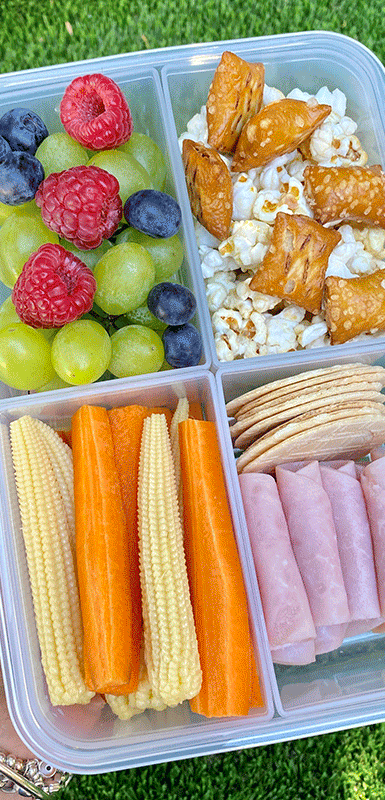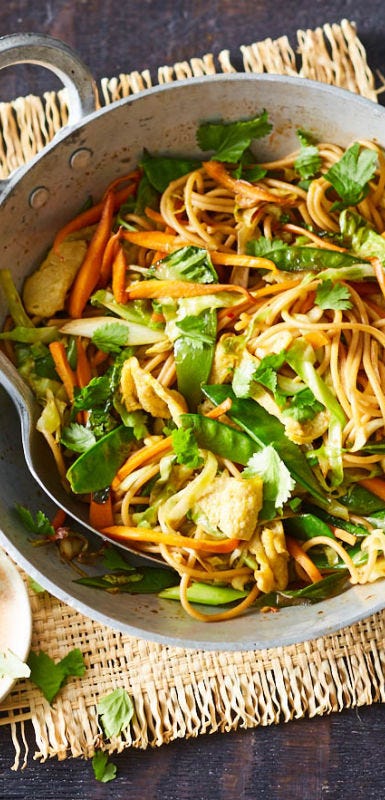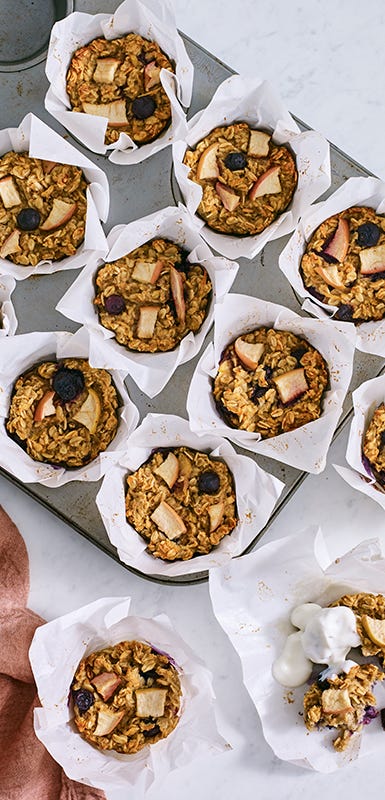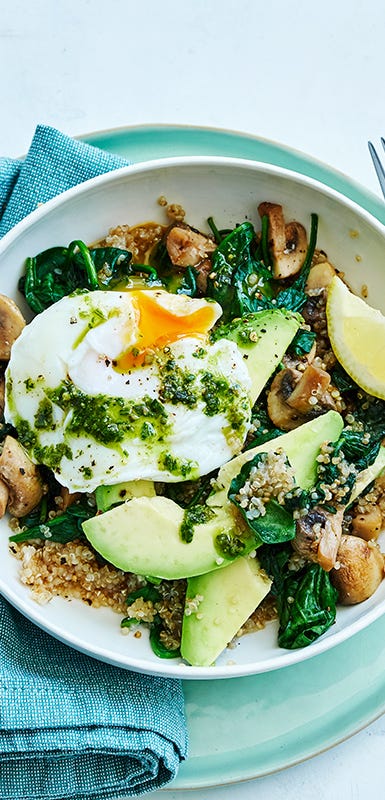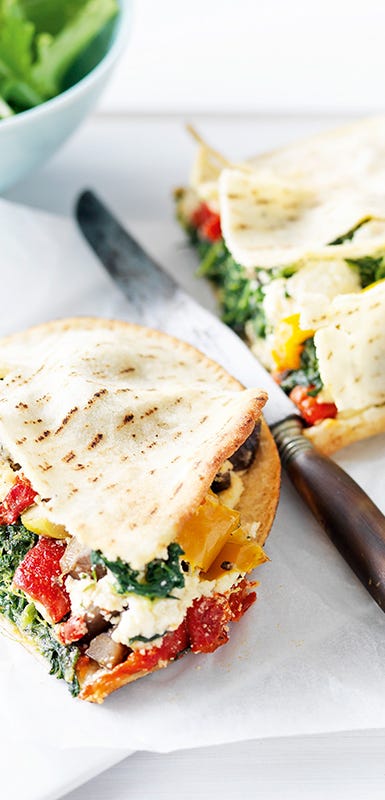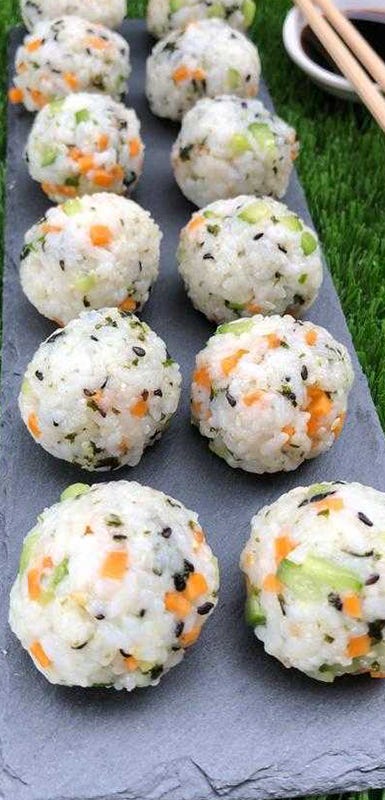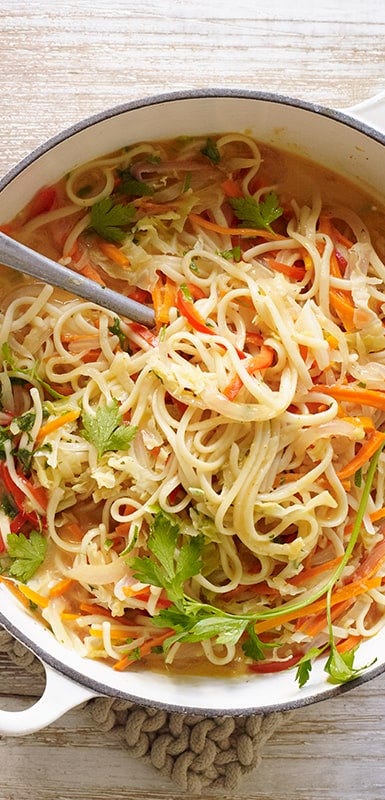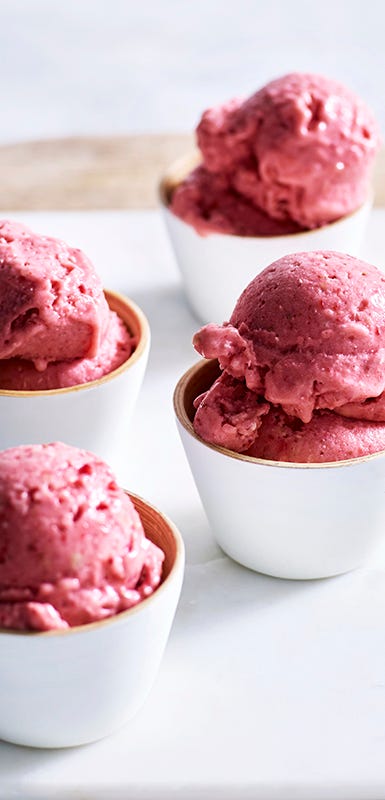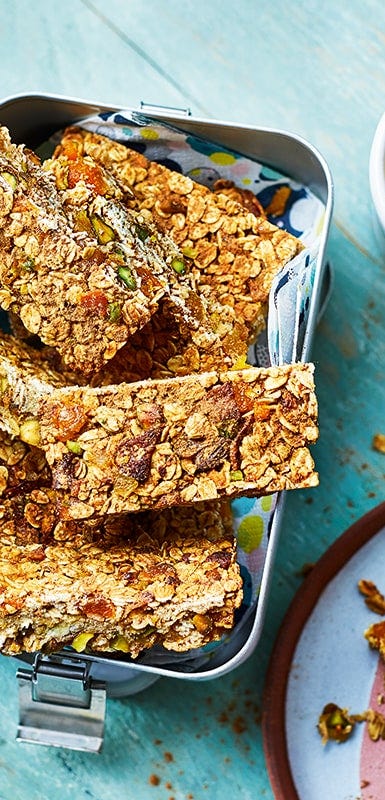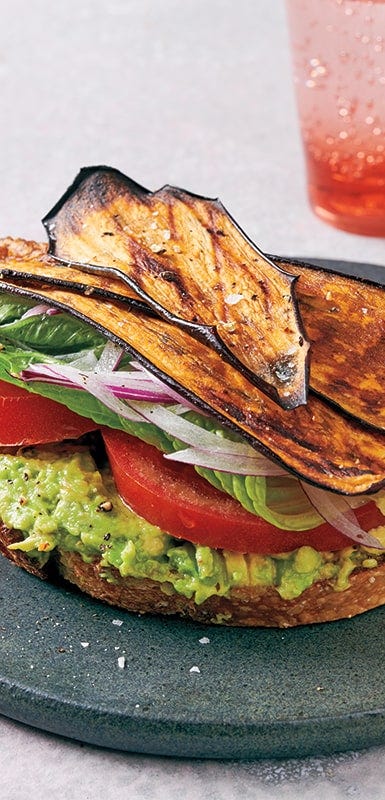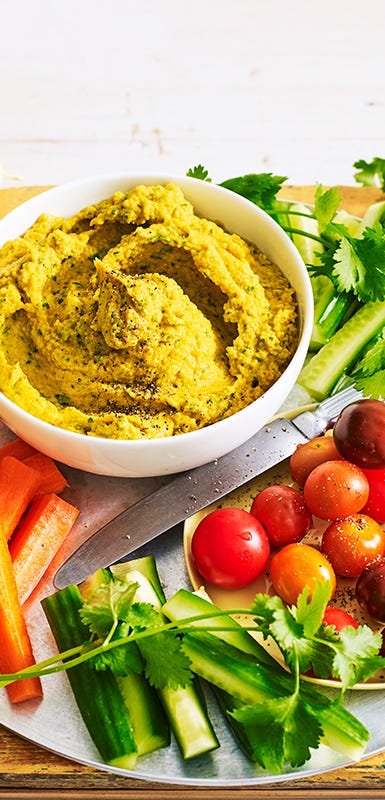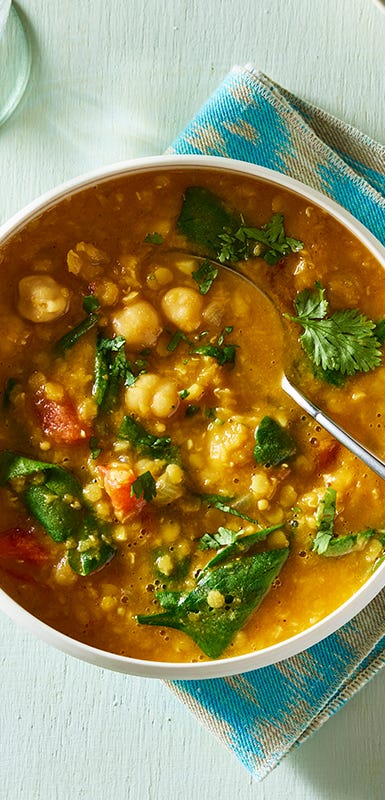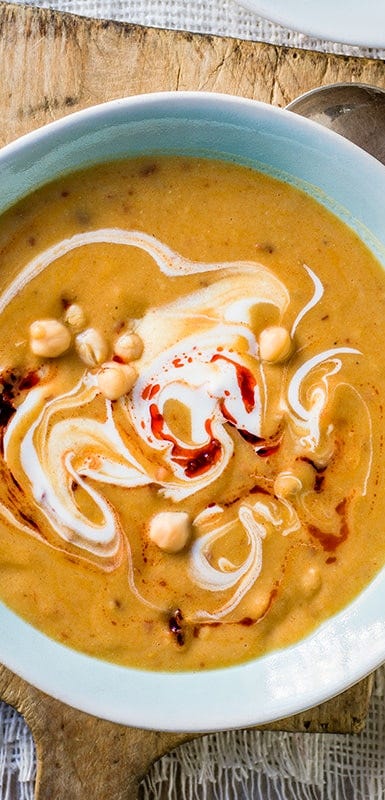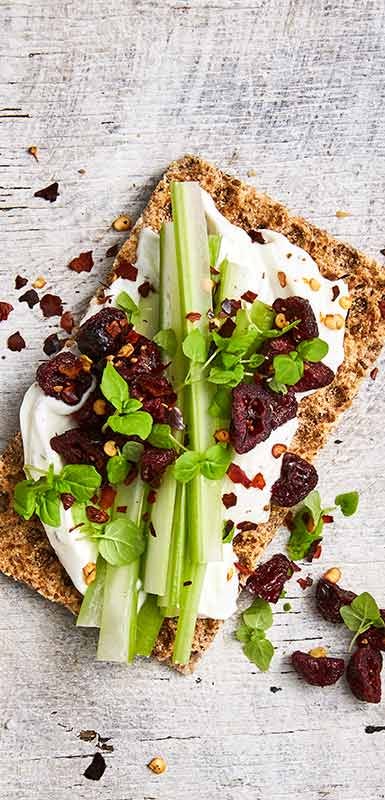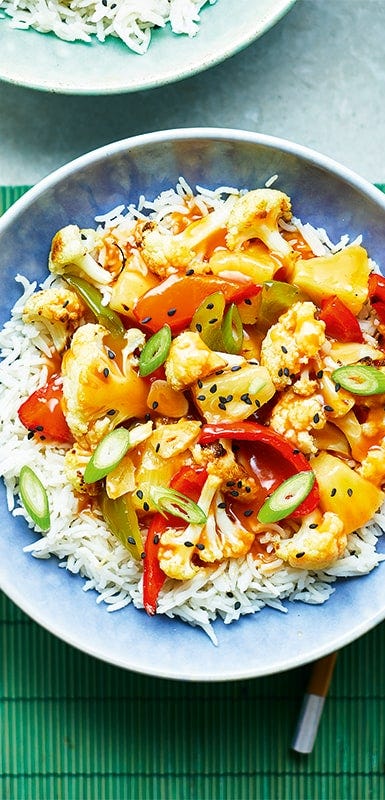Your complete vegetarian weight loss guide
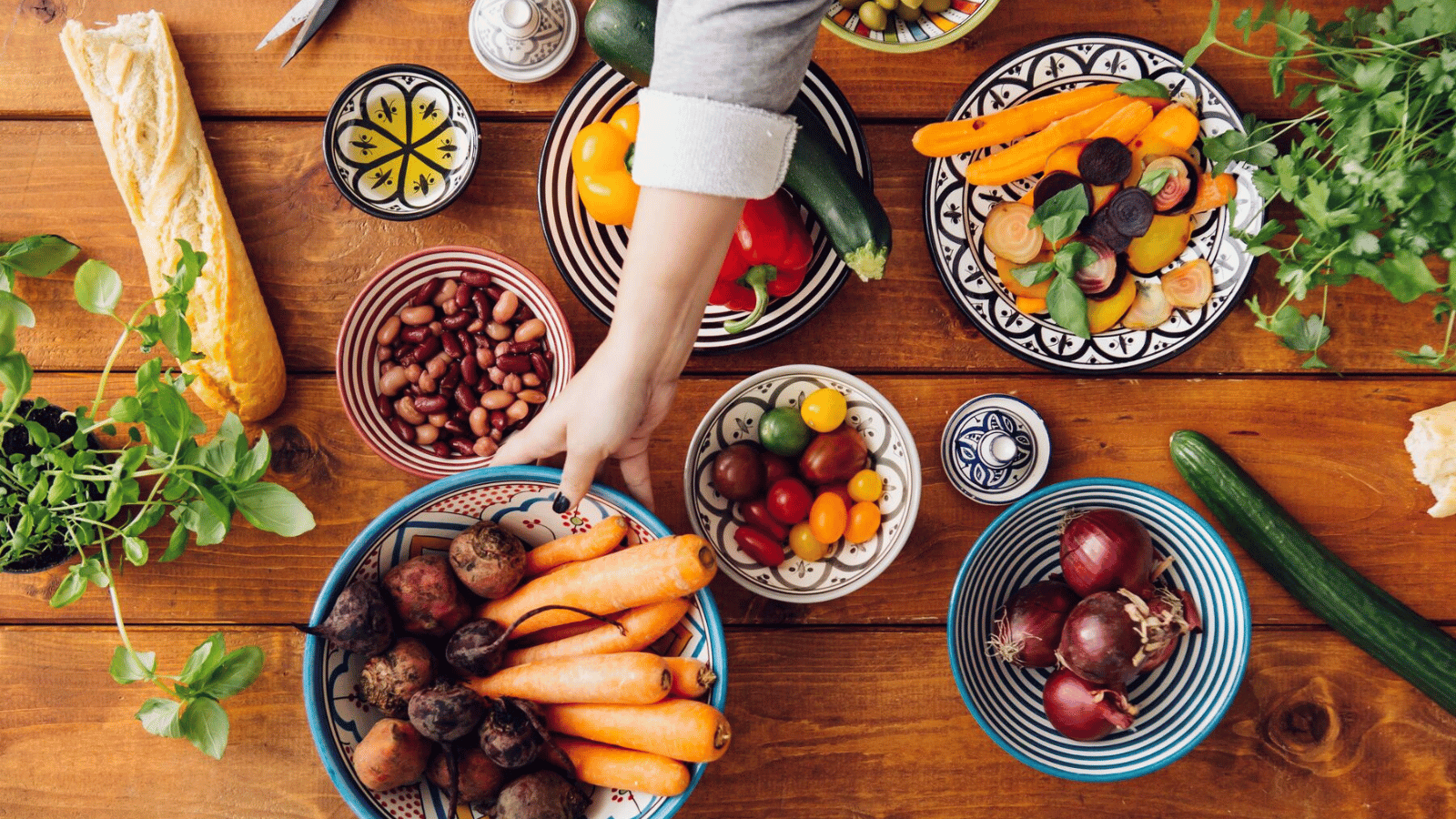

Included in this article:
Health reasons, environmental concerns, compassion for animals, religious beliefs and culinary preference are just some of the reasons more and more people are turning to a vegetarian diet. But it’s one thing to move meat to the sidelines; it’s another to figure out exactly what a vegetarian diet looks like day to day. Can you still eat seafood? What about eggs? Will it help you lose weight? Where do you get your protein? The good news, the answers are pretty much up to you. Read on to explore some of the most popular approaches to vegetarian eating and learn how to incorporate more meatless meals into your rotation.
What exactly is a vegetarian diet?
Ask a group of vegetarians to define the way they eat and you’ll quickly realise the answer is highly personal. In broad terms, a vegetarian diet excludes or limits meat in favour of plant-based foods. Under that huge umbrella, vegetarian diets can range from still including meat every now and then to eliminating every single food made with an animal-derived product. Vegetarian diets tend to fall into one of four categories, explains Amy Gorin, a plant-based registered dietitian:
- Vegan diets exclude all meat, poultry, fish and animal-based products, such as eggs, dairy, honey, as well as food additives derived from animals. If an ingredient is derived from an animal, forget about it.
- Vegetarian diets include plant foods, dairy and eggs, but exclude meat, poultry and fish.
- Pescatarian diets include plant foods and seafood, but exclude meat and poultry. Some pescatarians add in dairy and eggs; others don’t.
- Flexitarian diets (a.k.a. semi-vegetarian) include plant foods, dairy and eggs with the occasional addition of fish, seafood, meat or poultry. As the name suggests, this one is all about being flexible.
Foods to include in a vegetarian diet
In the grand scheme of things, going vegetarian doesn’t mean a lack of variety. But it can definitely feel that way if you’re switching from predominantly meat-based dishes. No bacon or fried chicken? What are you supposed to eat for protein when you can’t just throw a steak on your plate? And how do you do all this without getting bored? A person can enjoy only so many salads, after all.
The whole world of fruits, veggies, grains, legumes, nuts and dairy is open to you. Here’s a sampling of things you can enjoy on a vegetarian diet:
1/ Legumes and beans
Things like lentils, black beans, chickpeas, cannellini beans, peas and butter beans are worth including in your meals as often as you can. “They are high in fibre, low in fat, rich in many essential nutrients including plant-based protein, B vitamins, folate, iron, potassium, phosphorus and zinc—and they are filling,” says Martica Heaner, PhD, a professor of nutrition at Hunter College in New York City.
2/ Vegetables
There’s a reason veggies have a strong reputation for being healthy. They’re full of nutrients like calcium, iron, fibre and vitamins A, C, E and K. Branch out of your typical vegetable rotation with some of these options:
- Greens and cruciferous veggies: Bok choy, broccoli, cabbage, cauliflower, kale and spinach.
- Red and orange veggies: Capsicums, carrots, sweet potatoes, tomatoes and pumpkin.
- Starchy veggies: White potatoes and corn.
- Other veggies: Asparagus, beetroot, Brussels sprouts, celery, cucumber, green beans, mushrooms, onions, radish, seaweed, snow peas and turnips.
3/ Fruit
Pick from fresh or frozen fruit to get a dose of antioxidants, vitamins A, C and E, potassium, manganese, fibre and more. It’s easy to mix up your fruit choices since there are so many options including: apples, bananas, berries, oranges, cherries, dates, grapes, melons, pineapple...the list goes on and on.
4/ Dairy and eggs
Deciding to include dairy products and eggs to your diet opens up a whole world of options. Dairy foods like milk, yoghurt and cheese are good sources of calcium, potassium, vitamin D and more. And you can start your days off with scramble eggs, knowing you’re getting more than 6 grams of protein from each egg.
5/ Nuts and seeds
Nuts and seeds provide protein, fibre and unsaturated fats—a trifecta for keeping you fuller for longer, says Gorin. Keep a stash of almonds, cashews, peanuts, pistachios, walnuts and seeds such as pumpkin, flax and chia in your pantry for a nutritious snack, or an easy addition to meals. Nut and seed butters deliver the benefits, too.
6/ Tofu and other soy products
Tofu, edamame and tempeh are great sources of ‘complete’ plant proteins. Put simply, this means they contain all 8 ‘essential’ amino acids that our body can’t make and must be provided through the foods we eat. Other sources of complete plant proteins include quinoa, amaranth, and spirulina and can be a great addition to those following a plant-based eating plan
7/ Wholegrains
Everything made with wheat, rice, oats, corn, farro, barley and other grains are good options to enjoy. Choose wholegrain options whenever possible, since they contain fibre, B vitamins, antioxidants, protein, minerals and unsaturated fats.
8/ Meat and dairy alternatives
If you find yourself missing the flavour and texture of meat but still want to stay true to your vegetarian goals, you’re in luck! There have never been more plant-based meat options that mimic things like beef, bacon and chicken. That said, some may be high in sodium and added sugars, says Gorin, so be sure to read the nutrition labels (or use the barcode scanner in the app to find foods that work with your budget). You’ve also got loads of options if you’ve cut out dairy products. Store shelves are packed with plant-based milks, yoghurts and cheeses made from soy, oats, almonds, rice and more.
Health benefits of a vegetarian diet
Would breaking up with your butcher be better for your body? It’s possible. Research shows plant-based diets are linked to a lower risk for heart disease, diabetes and even some cancers, while other research shows diets high in red and processed meats may increase a person’s risk of diseases like type 2 diabetes and cardiovascular disease. Here's a deeper dive into the science:
- Heart disease: Researchers analysed data from about 800 middle-aged adults and found that those who followed a diet higher in plant foods and lower in animal foods had a lower risk for developing cardiovascular disease, dying from cardiovascular disease and dying from any other reason. They also noted that those who consumed a diet higher in wholegrains, fruits, vegetables, nuts, legumes, tea and coffee and lower in refined carbohydrates and animal foods had a lower risk of dying from either cardiovascular disease or another cause.
- Cancer: While studies haven’t found a direct link between plant-based diets and cancer prevention, there is plenty of science to recommend the eating pattern as a way to reduce your risk. Some vegetables are loaded with cancer-fighting compounds, such as beta-carotene in sweet potatoes, lycopene in tomatoes and carotenoid in carrots. And then there are cruciferous veggies, like broccoli and cauliflower, which have been shown to reduce your risk for colorectal and lung cancers. Isoflavones in soy and fibre in fruits, veggies and wholegrains offer up some cancer protection.
- Type 2 diabetes: An analysis of 14 studies found that people who followed vegetarian eating patterns have a 27% lower risk of having diabetes compared with non-vegetarians, with vegans having the lowest odds of diabetes. While the effects may be due to lower body mass index (BMI) of vegetarians (more on that connection below), the researchers believe the increased consumption of risk-reducing, fibre-rich foods (wholegrains, fruits, veggies, etc.) and decreased consumption of risk-increasing foods (red and processed meats, sugary beverages) play an important protective role.
- Hypertension: An analysis of seven controlled trials showed that people who stopped eating meat (or cut way back on it) for about four months had lower blood pressure than those who didn’t alter their diet.
But here’s the thing, to make the most meaningful impact on your health, you can’t just focus on avoiding certain foods; you need to fill your plate with options that are nutrient-dense, Gorin says. And that’s true whether you go vegetarian or not. Other eating approaches, including the Mediterranean diet, don’t exclude meat completely; they support health by encouraging people to eat a variety of plants and choose leaner choices of protein, like fish and poultry.
Can a vegetarian diet help you lose weight?
A singular goal of dropping kilos might not be the best reason to go meatless—there’s not enough evidence that switching to a vegetarian diet provides a weight-loss advantage over other eating patterns. Avoiding meat doesn’t necessarily mean you’ll consume fewer calories than you burn, which is what needs to happen to lose weight, Gorin says. Some observational studies do show vegetarians generally have lower body weight compared to non-vegetarians, but more conclusive research is needed.
What about belly fat?
By the same token, no single diet is proven to zap belly fat, either, so don’t think of banning meat as a magic way. Some evidence does suggest that limiting higher-fat meats might be helpful. A study of nearly 24,000 adults published in The Journal of Nutrition found that those who ate a diet high in lean protein—like fish, poultry and legumes—had both lower BMIs and smaller waist measurements. Additional ways to reduce belly fat other than weight loss include getting regular physical activity, prioritising sleep and managing stress.
Do WeightWatchers have a vegetarian diet?
While there is no specific vegetarian plan (with WW, everything is on the menu!), the Points Program affords you full freedom in choosing which foods to eat—and which foods you’d rather not. In fact, because so many of WeightWatchers' ZeroPoint foods are plant-based, you may find yourself naturally gravitating toward non-meat options throughout the day. From there, it’s simple to use your budget on vegetarian choices like nuts, seeds, wholegrains and more to reach your weight loss goals.
Tips for eating a vegetarian diet
It’s one thing to see that there are a lot of foods you can still eat while vegetarian; it’s another to imagine how that will actually play out in your day-to-day life. Here are some simple ways to make your favourite dishes meatless:
- Top your salad with chickpeas or other beans instead of grilled chicken.
- Bulk up rice and noodle bowls with leafy greens.
- Add marinated tofu to your stir-fry instead of beef or pork.
- Grill up a plant-based burger at your next BBQ.
- Mix canned lentils into a bolognese-style pasta sauce instead of beef mince.
- Warm up with a bowl of lentil soup instead of chicken noodle.
- Transform Taco Tuesday by filling your tortilla with mushrooms and black beans.
Potential downsides of a vegetarian diet
While animal-based foods definitely aren’t a requirement for a healthy diet, some key nutrients do tend to be more abundant in meat or dairy, Heaner says. It’s all good—you just need to pay a little extra attention to getting the following from other sources.
- Vitamin B12 is only found in animal products and fortified foods, like some breakfast cereals. If you aren’t eating dairy or eggs, both of which have B12 in them, aim to include foods fortified with B12 such as nutritional yeast, soy milk, meat substitutes and breakfast cereals in your eating plan. Just be sure to check nutrition labels to ensure the products have been fortified. You may also want to ask your doctor about supplements.
- Calcium is popularly associated with dairy, but vegans can get it in tofu, fortified foods, alternative milks, leafy greens like kale and cruciferous veggies like broccoli. Vitamin D is also important for calcium absorption, so make sure you get your daily dose of sunshine to ensure you are meeting your requirements.
- Iron can be found in some plant foods like legumes, spinach and raisins. Just note that those contain a form of iron called non-haem, which your body has a harder time absorbing. Animal products like meat are the only source of haem iron, which is much more easily absorbed. You can give your body a helping hand by pairing iron-containing foods with foods that are high in vitamin C—for example, adding capsicum to your salad or stir-fry, or enjoying a piece of fruit like kiwifruit or orange after your meal.
- Omega-3 fatty acids are essential to good health, and are found in fatty fish like salmon, tuna, mackerel and sardines, as well as foods fortified with DHA and EPA, such as eggs, milk and yoghurt. There are plant foods that contain ALA, which is another type of omega-3s. Flaxseeds, chia seeds, walnuts and plant oils such as flaxseed oil, soybean oil and canola oil contain ALA, which your body can convert to EPA and DHA in small amounts.
One other thing to know about going vegetarian is that you may end up eating a lot more fibre, which could make you feel a bit bloated or gassy during the early days. Heaner says that such effects generally go away once the body gets used to the extra roughage.
5-day vegetarian meal plan
Ready to dig in? Here are five days’ worth of meatless recipes to get you going. While some include animal products like eggs and cheese, other dishes are purely plant-based. Each day includes a recipe for breakfast, lunch, dinner and a snack and dessert option.
The upshot: Should you try a vegetarian diet?
Whether you're ready to quit meat cold turkey or want to dial back your intake, go for it! The health benefits that come from a plant-forward diet, like lower risk for heart disease and other serious conditions, make it a smart choice for many people. If your goal is weight loss, a vegetarian diet can still be a healthy approach to eating. That said, don’t feel pressured to ban chicken tenders from your life if you enjoy eating them sometimes. Beyond hitting nutrition benchmarks, a truly healthy diet is one that reflects your personal preferences.

